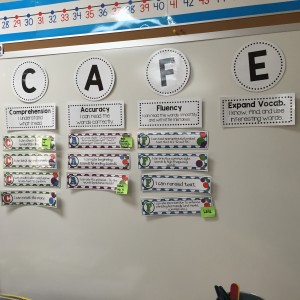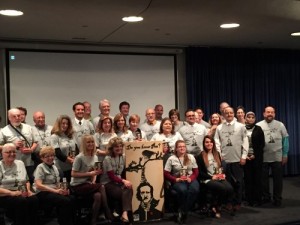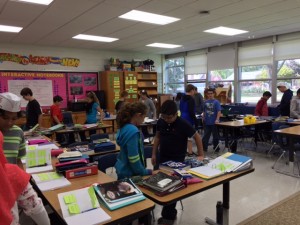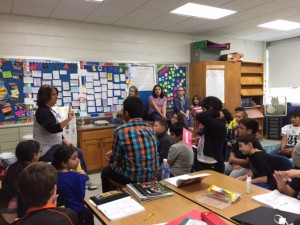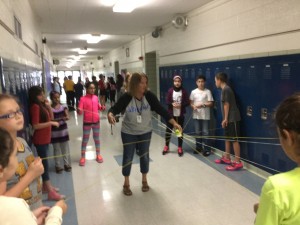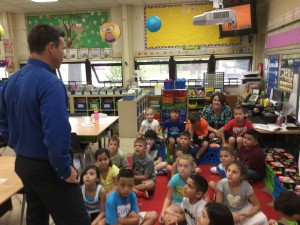On October 27th, administrators and teachers visited Howard to observe and discuss the school improvement plan in action.
Empty Bowls – a great way to help the community.
Art students across the district have made ceramic bowls in preparation for our annual “Empty Bowls” event. Please consider stopping by Park Place on November 23rd, making a donation to help Gleaners Food Bank and Blessings in a Backpack. Join us for a minute or an hour and support this wonderful event.
M-Step Guide for Parents
Michigan Department of Education has created a guide for parents to understand the changes in state testing. Included in this brochure for parents are tips for testing, free high school practice for SAT and testing requirements. Parent_Guide_to_M-STEP_Final_10.5.15_502457_7 (1)
The Big Read Dearborn
Lindbergh Elementary
Change your words…Change your mindset:
Carol Dweck, author of “Mindset” describes two different ways of viewing the success and achievement. A fixed mindset is the belief that we are born with certain qualities and they are carved in stone. There is no improving or changing. A growth mindset is the belief that with effort, persistence, hard work and grit, we can achieve. A growth mindset person understands to succeed in anything you may have to try new strategies, problem-solve, practice, etc. A person with a growth mindset embraces challenges, is persistent in the face of setbacks, sees effort as a path to mastery, is reflective and learns from criticism and finds lessons and inspiration in the success of others. A person with a fixed mindset often must look smart. They avoid challenges, get defensive or give up easily, see effort as pointless, ignores useful, negative feedback and is often threatened by the success of others. Interested? Read more in the book “Mindset: the New Psychology of Success” by Carol Dweck.
Visiting Bryant Middle School
Indonesian Delegation Visits Fordson
Indonesian Delegation Visits Fordson:
On Monday, September 14th, a delegation from Indonesia visited Fordson High School. Dr. Mosallam and his leadership team hosted an informative meeting for the Department of State. The objectives for the project include:
- To understand the relationship between U.S. religious and secular schools, specifically the roles and responsibilities of the various stakeholders who direct and manage schools;
- To learn how American educators integrate curriculum development and career development opportunities in modern pedagogy;
- To observe how local, state, and national education standards accommodate religious schooling;
- To examine the role of community, religious-based organizations, NGOs, and education activists in promoting quality education;
- To discuss best practices in educating youth on tolerance, pluralism, and responsible citizenship in today’s world;
- To provide opportunities to network with leaders of relevant educational institutions, religious organizations, government entities and, civil society organizations; and
- To gain an understanding of cultural and religious influences in U.S. society by becoming familiar with its people, and its culture, including the experience of marginalized communities, indigenous people, immigrant populations, and Muslims in America.




